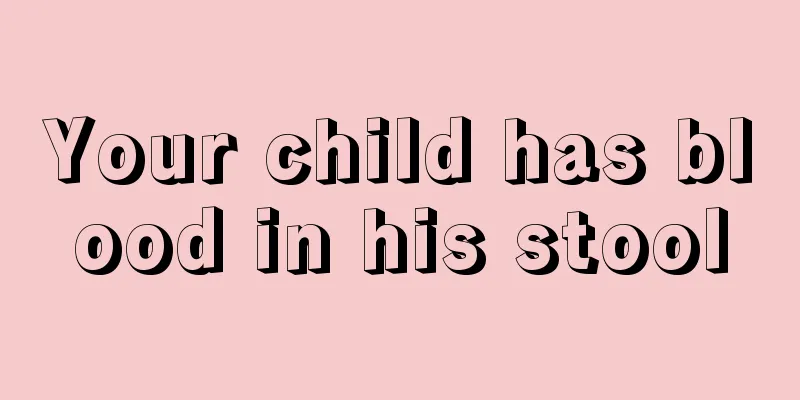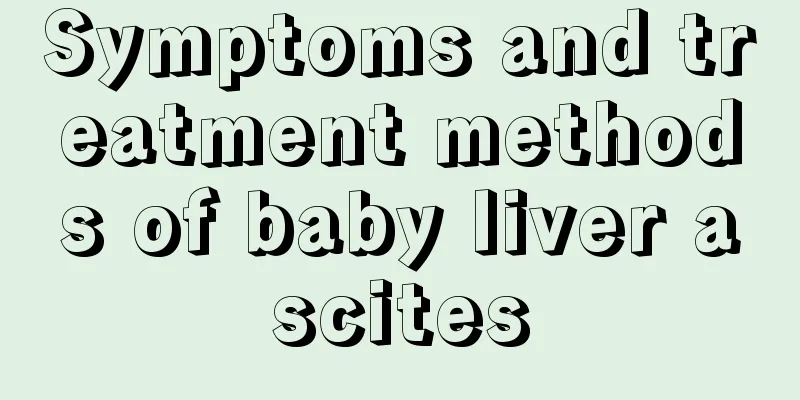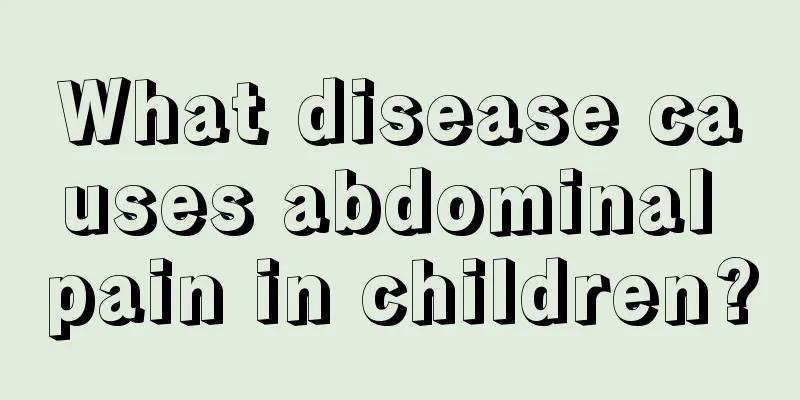Effects of antibiotics on newborns

|
Since newborns are born not long ago, their body functions are not fully developed, and their immune systems and resistance are relatively low. Therefore, it is easy to be harmed by external factors or diseases. Therefore, mothers should pay special attention. Of course, there is always a loophole and it is impossible to provide complete protection. In unavoidable circumstances, newborns may still get sick. Common inflammations are generally treated with antibiotics, and the effects are as follows. 1. Generally speaking, drugs are only used when they are needed. Although every drug has side effects, if it is not used, the side effects may be greater. So don’t worry too much. In normal times, try to pay attention to improving your baby’s physical condition to reduce the chances of using medication. 2. It is easy to cause damage to the liver and kidneys, because many antibiotics are metabolized by the liver and kidneys, and have already caused damage to the liver and kidneys during the metabolic process. The various organs in children's bodies are not yet fully developed and are more susceptible to damage or potential damage from antibiotics. The liver and kidneys are the first to be affected. 3. Causing secondary infection: If large amounts of antibiotics are used in the early stages of a viral infection, it can cause an imbalance in the body's flora, which is conducive to viral reproduction, leading to antibiotic-associated diarrhea and worsening the child's condition. 4. The emergence of drug resistance. The large-scale use of antibiotics is undoubtedly a "training" of the drug resistance of pathogenic bacteria. While the vast majority of common bacteria are killed, the drug-resistant pathogenic bacteria that were originally not dominant have survived and multiplied in large numbers. 5. Can cause malnutrition. Antibiotics will affect the intestinal flora, resulting in a decrease in probiotics in the intestines, causing some intestinal diseases, affecting the absorption of nutrients, and leading to malnutrition. 6. Lack of vitamin K. Vitamin K is synthesized by probiotics in the human intestinal tract. Due to the influence of antibiotics, the probiotics in the intestines decrease, so the vitamin K also decreases accordingly. 7. Destroy children's immunity. The principle of antibiotics killing bacteria is mainly by imitating the structure of the nutrients needed by bacteria, allowing the bacteria to "eat" the antibiotics, making it impossible for them to obtain other nutrients, and finally "starving" the bacteria to death. 8. Although the emergence of antibiotics can actively eliminate a series of discomforts caused by inflammation in the body and protect the body from further damage by the disease, for infants whose bodies are still in the growth and development stage in all aspects, try to avoid infection and inflammation. Once any abnormality is found, seek targeted treatment from a doctor to reduce all effects of antibiotics on the body. |
<<: Neonatal hypothermia therapy
Recommend
What to do if children overuse their eyes
As the number of people who are addicted to their...
What should I do if my child has recurring high fever?
Nowadays, there are many unscrupulous businesses ...
At what age can you take cod liver oil? Parenting experts are here to answer your questions
According to parenting experts, it is very import...
How to treat neovascular glaucoma
With the emergence and continuous updating of man...
What should I do if a 13-year-old boy has acne on his face?
Acne is a phenomenon that people are very familia...
Six month old baby cannot sit steadily
Six-month-old babies’ bodies are growing rapidly ...
Children talking in their sleep
There is no need to worry too much about children...
How to treat cyclical vomiting in children?
Many parents have reported that their children ar...
What to do if your child's clavicle is broken
Children always like to jump around in their dail...
Geographic tongue treatment, Chinese medicine is effective
Geographic tongue often occurs in children and ad...
How many days does it usually take for children to have tonsil suppuration and fever? See below to learn more
Tonsils are equivalent to the "customs"...
What is the cause of excessive saliva secretion in children?
Everyone secretes a certain amount of saliva ever...
What causes a baby's throat to become inflamed and hoarse?
During the baby's growth process, it is inevi...
Ten-month-old baby's intelligence
Although the baby is very cute, cannot speak yet,...
Fever three days after vaccination
I believe everyone knows that babies need to be v...









